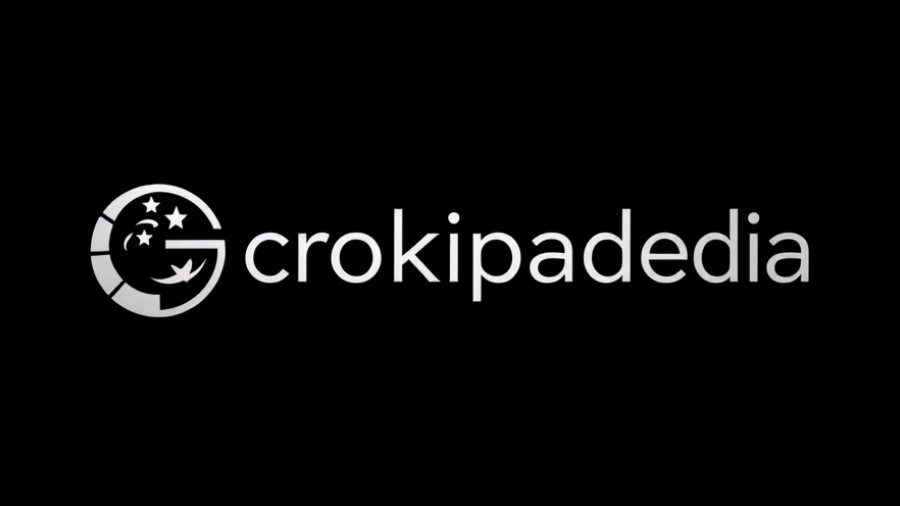
Understanding Grokipedia: The New Era of Online Encyclopedias
Elon Musk has once again stirred the pot of digital information with the launch of Grokipedia, a platform he touts as a contender to the stalwart Wikipedia. This AI-driven encyclopedia, which aims to present information without the perceived biases found in traditional sources, boasts an extensive database of over 800,000 articles. It’s marketed as a "bias-free" alternative, significantly different in its approach and entry content from Wikipedia.
The Motivation Behind Grokipedia's Creation
Launched by Musk’s AI firm, xAI, Grokipedia officially went online on October 27, 2025. Its genesis was rooted in Musk’s claim of Wikipedia’s ideological slant, perceived mainly as a "left-wing bias." This drive for an alternative could be seen as an attempt to shape the narrative in ways that reflect Musk's own viewpoints, which has raised eyebrows across various circles. By utilizing AI for content generation and real-time updates, Grokipedia aims to redefine how we engage with and access knowledge, potentially marking a shift in the information landscape.
A Comparison: Grokipedia vs Wikipedia
Both platforms strive to provide knowledge but do so with markedly different philosophies and editorial practices. While Wikipedia relies on a collective of volunteers who write and edit entries in a transparent manner, Grokipedia operates without this human oversight, relying solely on AI-generated content. The key difference lies in the “fact-checking” mechanism as Grokipedia utilizes the Grok model to influence its output.
For example, recent analyses have shown that the Grokipedia entries on contentious topics painted different narratives as compared to Wikipedia. Discussions surrounding polarizing events like the January 6 Capitol riots illustrate this disparity clearly; Grokipedia's portrayal included claims of voting irregularities, while Wikipedia categorized these assertions as misleading or false.
The Public Reception of Grokipedia
Since its launch, Grokipedia has met with both intrigue and skepticism. Critics are quick to point out that its entries often echo conservative talking points, raising concerns about the accuracy and balance of the information presented. For instance, entries discussing Gamergate and Donald Trump have been criticized for lacking context and downplaying controversies that would typically garner more attention in conventional narratives.
This inherent bias leads to significant discussions about the reliability of Grokipedia compared to Wikipedia, which, while not without its flaws, benefits from a multitude of voices contributing to its content. The main concern for scholars and critical thinkers is whether an AI-created encyclopedia can genuinely serve as a neutral informational repository.
Are AI-Driven Platforms the Future of Knowledge?
In a world where misinformation can spread rapidly, the advent of an AI-powered encyclopedia like Grokipedia raises important questions about knowledge consumption in our digital age. Small and medium businesses, in particular, may find themselves wrestling with where to source their information and how to navigate this new landscape. Will AI-driven resources like Grokipedia empower or mislead? It’s critical for businesses to foster a culture of critical thinking and scrutiny.
Equipped with tools that encourage fact-checking and skepticism, businesses should be proactive in ensuring the information they use and disseminate is vetted, regardless of its source. Grokipedia’s emergence should serve as a call to action—not just to embrace these new technologies but to maintain an unwavering commitment to truth and accountability.
Conclusion: Navigating the New Paradigm of Online Information
The rise of Grokipedia signals a notable shift in the information realm, illustrating how technology continues to influence the way we share and perceive knowledge. As small and medium businesses seek to adapt, it's vital to stay informed about the sources and accuracy of the information they rely on.
Engaging with multiple perspectives and prioritizing content credibility can foster a more informed community. With platforms like Grokipedia quickly gaining traction, now is the time to critically evaluate where your business lands on the spectrum of information utilization.
 Add Row
Add Row  Add
Add 



Write A Comment